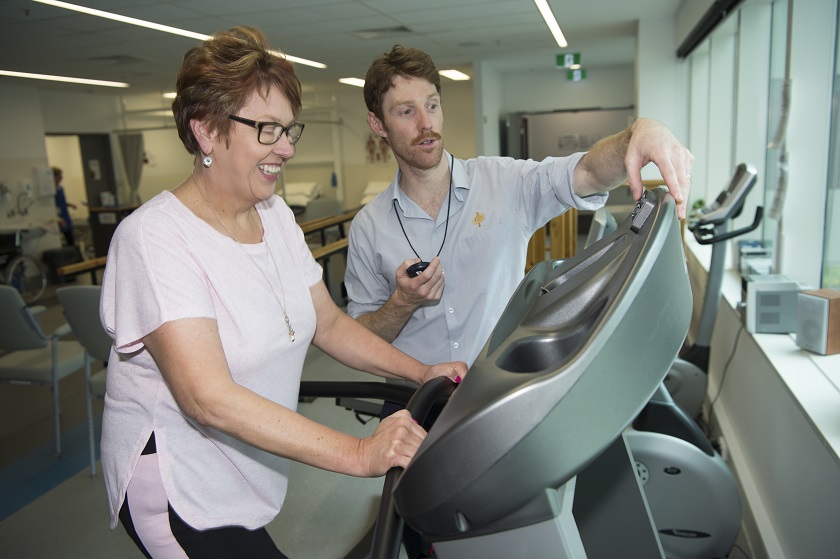Gastric surgery involves surgical changes to a person’s digestive system to support weight loss.
While these surgeries offer many health benefits, some people experience side effects following the procedure.
St John of God Mt Lawley Hospital Bariatric Surgeon Dr Siva Gounder explains dumping syndrome and discusses how it can be prevented and treated.
What is dumping syndrome?
Dumping syndrome occurs when food is ‘dumped’ from the stomach directly into the small intestine rapidly.
It is a potential side effect of some gastric procedures including fundoplication, sleeve gastrectomy, gastric bypass or SADI/SIPS surgery.
Dumping syndrome usually occurs following the consumption of food or beverages that are high in refined sugar or carbohydrates.
What are the symptoms?
Some people experience symptoms within 20 minutes of a meal, which is described as early dumping. While others experience symptoms within one to four hours following a meal – this is known as late dumping.
Symptoms of early dumping include:
- blushing
- abdominal pain/cramping
- nausea
- palpitation
- need to lie down
- diarrhoea
Symptoms of late dumping syndrome include:
- sweating
- restlessness
- irritability
- tremors
- feeling sleepy
- tiredness
- unconsciousness (rare)
How dumping syndrome be prevented?
A food diary can be useful to detail symptoms and identify foods that bring on dumping syndrome. Identifying and then avoiding these foods is the primary step.
Eating a protein-based diet can prevent the condition and avoid eating foods high in sugar or fats alone – these foods are better paired with protein to slow digestion.
It is also important to chew your food thoroughly, eat slowly and do not eat and drink at the same time – 20 minutes of rest between food and drink is ideal.
Drinking alcohol is also not recommended.
Can dumping syndrome be treated?
If you are experiencing dumping syndrome, the best thing you can do is book an appointment with your surgeon and/or dietitian. They will be able to guide you on your various treatment options.
Treatment ranges from simple diet modifications to medication. Generally these measures will be effective in treating the syndrome, however occasionally reversal of surgery may be necessary.
Learn more about bariatric surgery.







